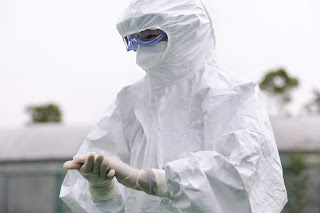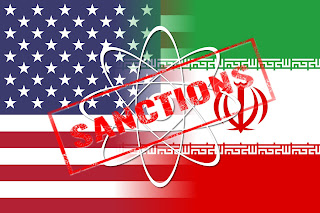Deep Dive into Prior Pandemics: Part 2, The Smallpox Epidemic in the US from 1775 to 1782.

The Event Missing from our High-School History Books Pox American: The Great Smallpox Epidemic of 1775-82 by Elizabeth A. Fern is a powerful analysis of a major public health event that played an important role in the future of the nation later known as the United States of America. It could have cost the Continental Army a win in the Revolutionary War with Britain. It made conquering the interior of the country easier after smallpox killed 50 to 90 percent of the Native American population. By the time I read this book, I had already read books on Ebola in 20th century US, cholera in 19th century England, the Black Plague in 14th century France, malaria across the centuries and across the world, and the Spanish flu in 20th century US. But this book carried more emotional weight. Without ever saying as much, its pages spoke of great sadness and fear. The viral illness was endemic to the Old World. By the late 1700s, many men in the British army had







